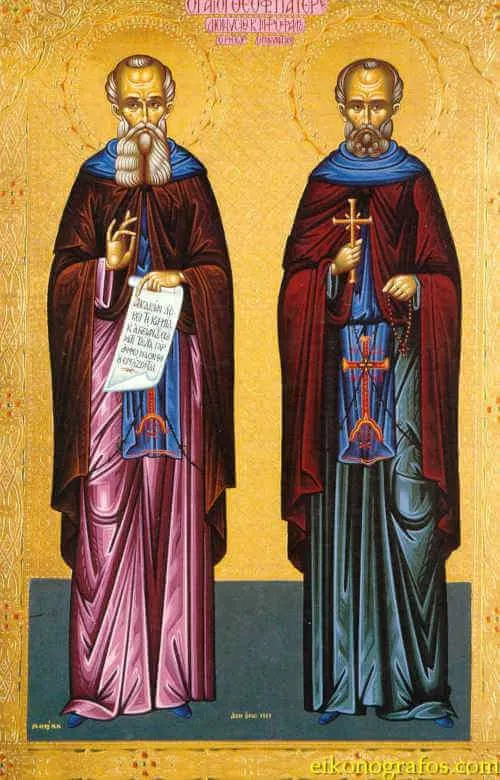The Battle of Lepanto on October 7, 1571 was a pivotal naval conflict where the Holy League—a coalition of various Catholic maritime states—successfully defeated the Ottoman fleet. To give thanks for this victory, Pope Pius V instituted the feast of Our Lady of Victory, later known as the feast of Our Lady of the Rosary.
Just over a century later, another critical battle took place. On September 12, 1683, the Battle of Vienna was fought. The Christian forces of the Holy Roman Empire and the Polish-Lithuanian Commonwealth, under the command of Poland’s King John III Sobieski, were victorious against the significantly larger Ottoman Empire’s forces. Prior to this battle, King John III Sobieski had entrusted his troops to the Blessed Virgin Mary, visiting the Shrine of Our Lady of Czestochowa. The victory was attributed to her intercession, and in gratitude, Pope Innocent XI instituted the feast of the Holy Name of the Blessed Virgin Mary into the universal calendar of the Church the following year, 1684.
Of course, reverence for the Holy Name of the Blessed Virgin Mary did not begin in 1684. Prior to that, this feast was celebrated in various localities throughout the Church at various times. Reverence for the name of Mary, however, goes back much further. The Council of Ephesus in 431 taught that the Blessed Virgin Mary was properly called the “Mother of God,” or “God-Bearer” (Theotokos). By the sixth century, the angelic greeting in Luke 1:28 was commonly used as a prayer, “Hail, Mary, full of grace, the Lord is with you!” By the fourteenth century, the second part of the Hail Mary prayer was often used in conjunction, “Holy Mary, Mother of God, pray for us sinners, now and at the hour of our death.” In the sixteenth century, the Council of Trent, in its catechism, formally recommended this entire prayer, as we have it today, to the faithful.
It’s also providential to note that the date of September 12 falls shortly after we celebrate the Feast of the Birth of the Blessed Virgin Mary on September 8. When the Romans ruled Palestine, it was customary that newborn daughters were given their names at birth, or shortly afterwards. Thus, the Church celebrates Mary’s naming day four days after the celebration of her birth. Firstborn male children were traditionally named and circumcised in the Temple on the eighth day after their birth. Hence, we celebrate the Memorial of the Holy Name of Jesus on January 3, shortly after the completion of the Octave of Christmas on January 1. Mary and Jesus are the only two Who have liturgical celebrations honoring their names.
Names bring with them much significance and meaning. When addressing someone formally and directly, it is common to first state their name. A name uniquely identifies and dignifies the person. For this reason, in praying to our Lord it is common practice to call on His name, “Jesus!” So also with Mary. Calling on her by name is a way of seeking her prayers in a personal and intimate way. Hence, the names of Jesus and Mary should be seen and understood as being powerful, compelling us to call upon them personally, with trust in Who they are.
As we honor the Holy Name of the Blessed Virgin Mary today, reflect upon the depth of trust you have in her motherly intercession. Kings and armies called upon her for protection and victory. Sinners have sought her motherly help to overcome their weaknesses. Saints have entrusted themselves to her, knowing that she would elevate them and present them to her divine Son. Popes have sung her praises. Church councils have taught definitively about her role in salvation history. All who call upon her should have certainty that their prayers will be heard. Turn to her today, entrust yourself to her intercession, and have confidence that her prayers will win for you an abundance of grace and mercy from her Son.
Source: https://mycatholic.life/saints/saints-of-the-liturgical-year/september-12—the-holy-name-of-mary/








